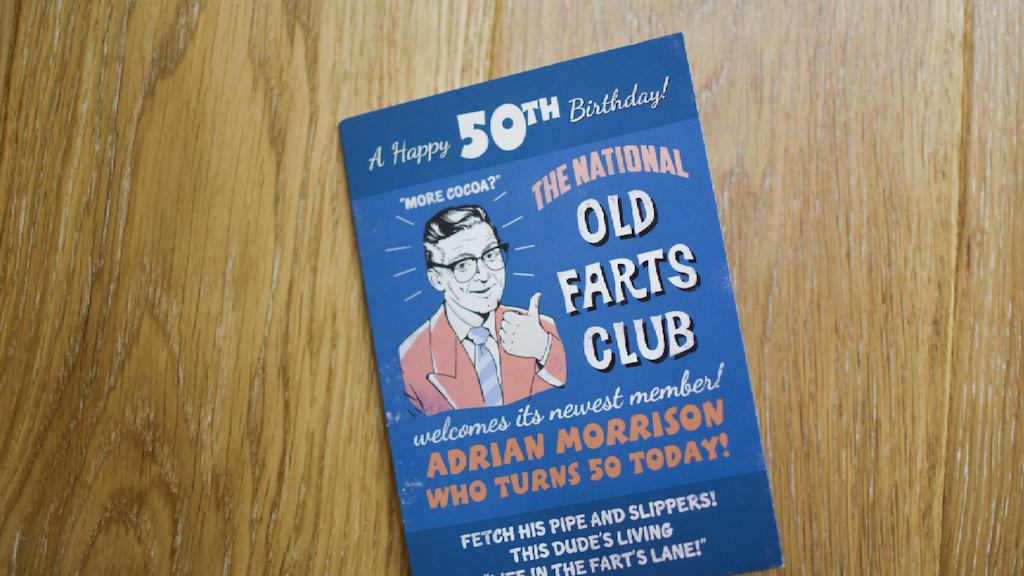We've spoken to several senior executives in the UK Greeting Card Industry about the ageist nature of cards that make fun of ageing being older. They reinforced that the majority of these cards are sent by older people themselves, and that we must assume they aren’t doing so to upset their friends.
They explained that the relationship between sender, recipient and card is highly nuanced. The industry believes that in the vast majority of cases, the sending of these cards creates a sense of camaraderie, playfulness, reassurance and intimacy between sender and recipient.
We aren’t here to argue with them. After all, we don’t imagine that many people who send these cards intend to cause offence or harm.
But that doesn’t mean that no harm is done.
What happens when these cards sit on a shelf in a supermarket for all to see, free from the context of friendship and camaraderie? What happens when they are put on the mantelpiece facing everyone at the birthday party? They tell everyone who sees them that to grow old is to become less, is to be ridiculed and avoided if possible.
Unpicking the cultural narrative that tells us that getting old is bad is a big job because we start believing it so early (as young as 4 years old). We learn, as small children, to believe ageist stereotypes, and behave in ageist ways. We are constantly told through advertising, culture and politics that to be young is good and to get old is not, that to age is to decline, is to ‘lose’ youth, vigour and opportunity. [1]
And we know that internalised ageism, as well as overt ageist discrimination is truly damaging to all of us all of the time. Do we really want to continue exposing our children and young people to this worldview? And by allowing it to play out in our birthday celebrations, do we collude in it, even if we don’t feel personally offended?

